The Danger of Avoiding Failure
“There is no innovation and creativity without failure. Period. – Brene Brown
I have come to believe the most important lessons our adolescents need to master before leaving their high school careers are emotional and mental fortitude. This can be learned by stressing their ability to overcome failure. Unfortunately, we are eliminating opportunities for them to learn these skills on a daily basis. By rescuing our adolescents from failure, they are never learning the importance of growing from challenges and building the resilience needed to achieve in their adult lives.
Above, I referred to emotional and mental fortitude as a skill, like hitting a baseball or playing the guitar. Like, other skills, I am proposing our emotional and mental strength must be fostered through experience, purposeful practice, and reflection. However, instead of helping our children and adolescents practice these skills through the natural lessons of life, we are more interested in protecting them from any hardship or unwanted feeling. This is dangerously affecting the growth of our young adults. We are teaching our adolescents to play to not lose, instead of competing to win. This mindset limits their motivation as well as their belief that they can overcome challenges.
Patience is a key to emotional and mental fortitude
As our children grow into adults, the challenges they face also grow in severity, creating more stress when dealing with failure. Our teenagers rarely have to practice patience anymore since they have knowledge, social media, and entertainment at their fingertips. In the school system however, students still have to work over a period of time to earn their grade. Many of them struggle with this concept since they want instant gratification and immediate results. As they become adults and enter the work force, many also struggle with understanding the process of finding a job, or earning a promotion.
Allowing our adolescents to avoid a challenging class is harmful to future success
As mentioned, the bigger our kids get, the bigger problems they face. So, shouldn’t we be more concerned with allowing them to learn valuable problem-solving techniques or coping skills while surrounded by a support group of parents, teachers, and counselors?
Teenagers today have the ability to take a number of courses that will challenge them, yet more parents demand their child eliminate this challenge at the first sign of stress or difficulty. How do we expect our children to learn to cope with stress if we never allow them to face it? How do we expect them to deal with disappointment if they never actually have to feel it?
Calculus kicked my butt in high school, but I got through it (and not with a perfect grade). I referenced it for years to come as the check point that I could handle the next challenge. No one could hand that lesson to me, I had to experience it for myself. I had to struggle in order to grow. In college, Organic Chemistry became my new Calculus, as the way to measure my resilience. I again was able to push through to the best of my ability. Nineteen years later, I no longer remember specific details of those courses. But I can assure you the lessons I learned about myself have never left me to this day.
But aren’t their grades important?
Instead we function under the belief that a “C” on a child’s transcript is the worst possible outcome. We demand a higher grade or removal from the course; asking the child be allowed to take something easier so there is an “A” on the transcript instead. But what does that “A” stand for? What has the child learned other than to run from a challenge? Is functioning within a familiar comfort zone positive for the long-term growth of our children? What will happen the first time he or she faces a challenge in their career or in their relationships?
Eventually, they cannot just run away, or drop a class to solve a situation. If he or she does not have confidence in their ability to solve a problem or actually work through setbacks to achieve a goal, then they are basically telling themselves they have no power to change. This lack of empowerment leads to hopelessness, which in turn, is a major trait associated with both self-harm and drug use. So, if allow them to avoid failure as an adolescent, they will inevitably try to avoid it as an adult.
Life Ready will lead to College and Career Ready
It is time for us to stop worrying about a GPA. It is time to stop focusing solely on STEM and College Career Readiness. We should be focusing on building life skills for our children as early as elementary school. In addition, we should be feeding them a heavier dose of resilience, grit, and optimism throughout middle school. A teenager who believes they can overcome failures is one willing to set goals and to achieve them. Adolescents who think optimistically are more willing to take healthy risks. Grades, attendance, college acceptance, and achievement gaps will improve if we arm our adolescents with resilience, grit, optimism, and purpose.
Teach through failure instead of avoiding failure
Empower your teenager by allowing them to struggle in a class. Explain the resilience they learn is more important than any letter grade on a transcript. Let your child learn the hard way when they miss a deadline. Show them their actions determine their consequence, positively as well as negatively. Challenge your adolescent son or daughter to have a purpose and to live by their priorities. Teach them one setback does not define the next opportunity. Help them discover their ability to reflect, grow, and overcome a challenge. Do not let them blame circumstance or others for their lack of success. Do not let them credit their success to luck or circumstance. Instead help them nurture a gritty attitude, overcome setbacks and realize the power of their own actions.
Above all, do not fear failure! In fact, embrace it as one of the greatest
teachers for success.
____________________________________________________________________________________________________________________________
Ryan Defibaugh, LCPC, NCC, is the owner of MBS Performance Counseling, LLC in Frederick, MD. He works with adolescents and young adults to help them thrive in their academic, social, and personal lives. Ryan uses his experience as a Division I college coach along with his counseling background in order to empower our youth with skills such as optimism, resilience, grit, and problem-solving abilities.



